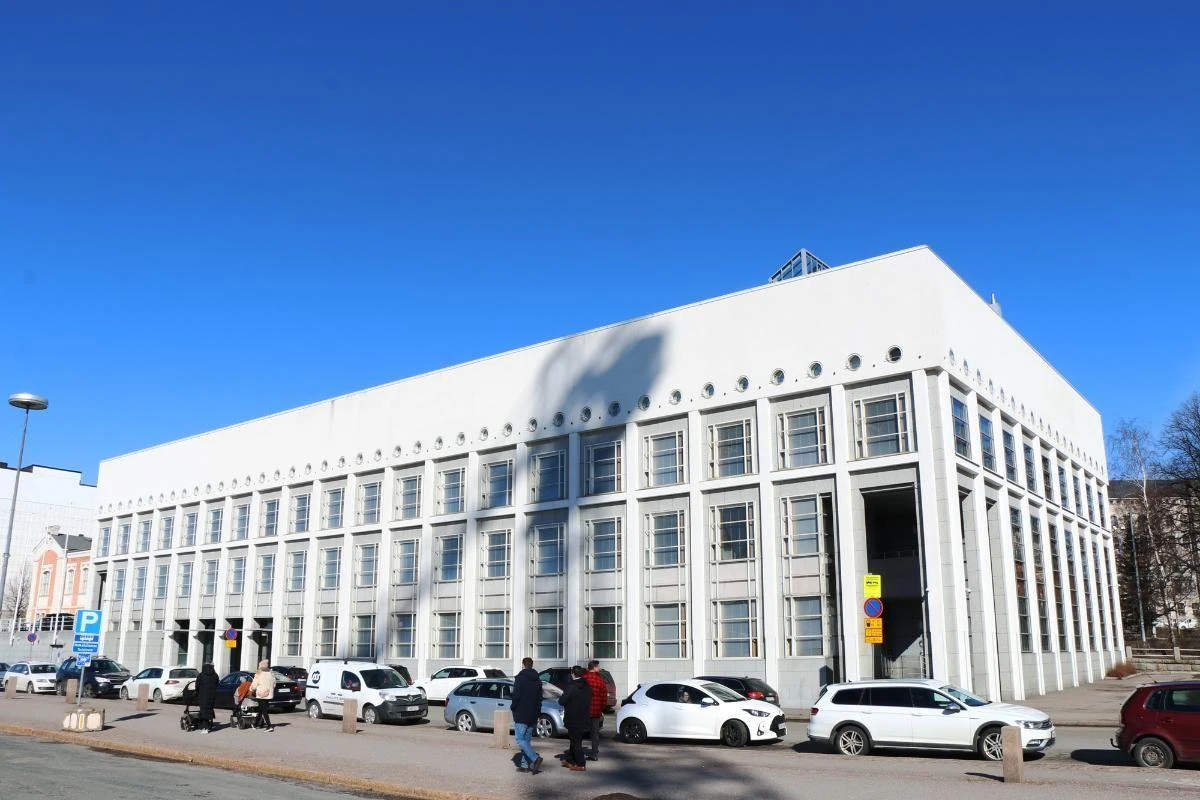Finnish intelligence warns of ongoing threat from Russian activities

Finland’s security and intelligence service Supo identifies Russian intelligence activities as most significant threat to its national security
The Finnish security and intelligence service Supo issued its annual threat assessment on Tuesday, underscoring the ongoing concerns regarding Russian intelligence activities, labeling them as the most significant threat to Finland’s national security.
With Finland sharing a 1,340-kilometer (830-mile) border with its eastern neighbor, Supo highlighted the persistent characterization of Finland as an “unfriendly state” by Russia. The intelligence agency pointed to espionage and malign influence activities as key areas of concern.
“While counterintelligence efforts, including the expulsion of intelligence officers and a stringent visa policy, have diminished conditions for Russian human intelligence operations in the past year, intelligence activities remain a notable threat,” stated Supo in a released statement.
Particularly vulnerable to Russian influence and espionage, according to Supo, are critical infrastructure and the cyber environment. Notably, an incident last year involving damage to an underwater pipeline in Finnish waters by an anchor linked to a Chinese vessel underscored the susceptibility of sensitive infrastructure.
Supo also highlighted Russia’s utilization of “weaponized immigration” as a means to express dissatisfaction with Finland’s NATO membership and to respond to actions perceived as unfriendly. This tactic was exemplified by a surge in asylum seekers last November, prompting Finland to close its border crossings with Russia.
“The surge in asylum seekers orchestrated by Russia is deemed a ‘hybrid attack,’ posing a long-term threat and keeping Finland on alert,” remarked Teemu Turunen, Acting Director of Supo.
In response to ongoing security concerns, Finland has extended the closure of its border with Russia until at least April 14. Additionally, the government is in the process of drafting legislation that would enable the restriction of applications for international protection in specific areas.
Source: AFP



